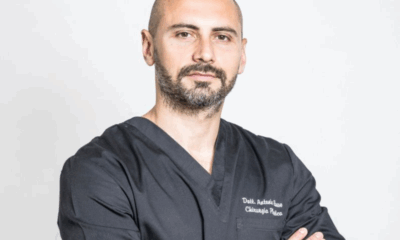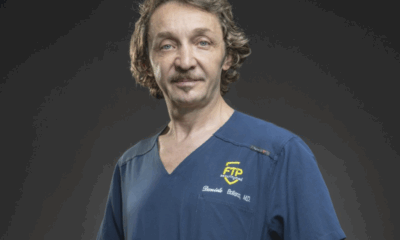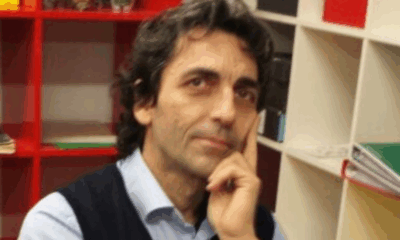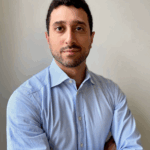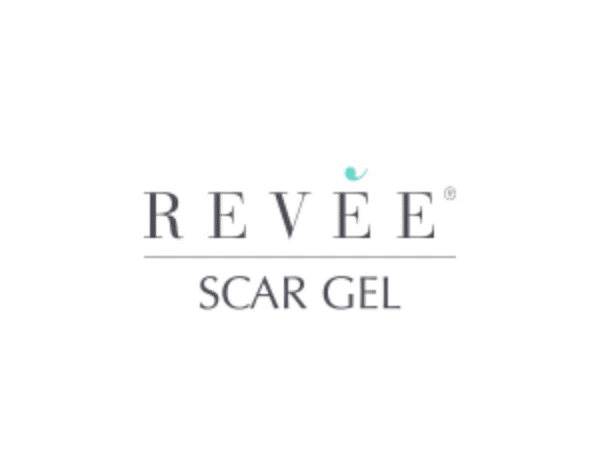Medical doctors and Surgeons
Diastasis recti: a cultural question
«Diastasis recti is not just about surgery; it is above all a cultural issue.» Franco Bassetto is professor of Plastic surgery at the University of Padua and has been treating diastasis recti for years.
In the interview with Revée, he touched on the various aspects of the pathology, not only medical, but also social and psychological of those affected.
Bassetto begins: «The modern concept of health does not only aim to eradicate the disease, but also to improve the patient’s state of mental and physical well-being.»

Diastasis recti: a cultural gap
Diastasis recti is a relatively young pathology from an information point of view: «There is still little information on the subject» continues Bassetto. «Many women, in fact, live in a world where people are not familiar with distasis recti, nor do they know that it can be corrected. The “pear-shaped belly” does not only concern surgery, but also the cultural context in which the patient lives, the psychological aspect and the difficulty of getting correct information.»
Gynecologists claim that 50% of women who have given birth suffer from diastasis: «There is actually no national data available.” Bassetto continues: “The incidence of cases is underestimated, also due to the failure to unify the requirements of the Italian national healthcare system, which vary from region to region.» In Veneto, for example, 5 cm of separation of rectus abdominis is enough to be granted surgery, while in Southern Italy up to 10 cm may be necessary. Furthermore, if the spacing is less than 5 cm, the problem is considered only from an aesthetic point of view.
The treatment gap in Italy is often linked to a cultural perception: very often, in fact, diastasis recti is not recognised as a pathology, but as a natural consequence of childbirth.
Healthcare system and diastasis recti
The Italian national healthcare system intervenes only in cases of severe diastasis recti, i.e. over 5 cm. «The cost reimbursed by the state for this surgery is about €2,000, but it actually costs much more to the hospital.» The surgeon then adds: «Associations such as Diastasi Donna help to raise awareness of the topic and stir public opinion by bringing up the issue. Our task is to work together with the patients so that these surgeries are fully paid for by the healthcare system.»
There are basically three categories of patients suffering from diastasis recti: «Post-bariatric patients, former obese people who have lost many kilos after surgery or women who have given birth» explains Bassetto. «It is also possible that the separation of the rectus abdominis occurs due to a lack of collagen or elastin, i.e. for congenital reasons.»
Surgical access is via abdominoplasty. «I reckon that a stable continuity of the rectus abdominis muscle can be achieved» states Bassetto, «while with the minimally-invasive method there is a high number of relapses. Another solution is with mesh repair, with synthetic or biological material.»
The look of the abdomen is a state of well-being: «Everyone has the right to it» claims Bassetto. «That is why it is important to raise awareness and intervene promptly.»
The synergy among different professionals is the key. To intervene in a timely manner, collaboration among different professionals —e.g. surgeons (general/plastic surgeons) and physiotherapists— is essential to follow the patient throughout the process.
Beyond surgery
When treating diastasis recti I don’t only consider surgery: both prevention and postoperative care are important.
Diastasis recti can be contained with prenatal gymnastics, helping pregnant women to use and strengthen rectus muscles. If, however, there is a predisposition to tissue laxity, even a prevention program can fail. Yet, there are products that can improve rehabilitation, such as abdominoplasty garments.
«I strongly recommend Revée —continues Bassetto— which has a wide range of products made in collaboration with professionals and suitable for all plastic surgeries.”
Today, surgery does a lot, but must always be followed by proper support and postoperative follow-up. Using garments that favour healing optimizes the result obtained with surgery.
To help people learn about and recognise diastasis recti, raising awareness is key. Progress is being made, and the need to treat this disease is becoming stronger and stronger. Diastasis recti can, in some cases, be prevented, treated or contained; the important thing is that it is no longer ignored.
Bassetto concludes: «Associations, such as Diastasi Donna, have organized several events in collaboration with surgeons. The next one will be in Venice in autumn.»




